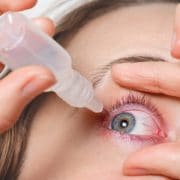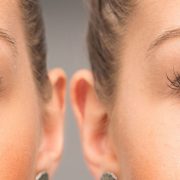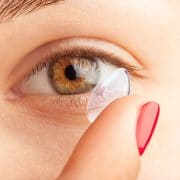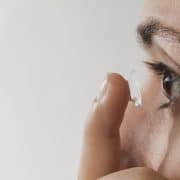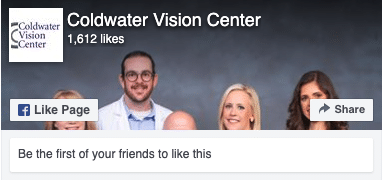How Are Dry Eyes Treated?
Itching, redness, burning, discomfort—dealing with dry eyes on a regular basis is no joke and can really hinder your plans. Dry eye treatment in Coldwater, MS is one of the most common reasons people seek out an eye doctor for anything outside of vision checkups. A lot of patients assume that dry eyes are easy to treat, but most eye doctors will take a multifaceted approach to help find relief.
Recommended Lifestyle Changes
Things present in your environment and even your daily habits can be a major underlying causation factor of dry eyes. Therefore, this is the first thing an eye doctor will ask you about when you come in for an appointment. You may be dealing with problems due to:
- Facial cosmetics that you wear on a regular basis
- Aerosol or fragrant products that you use in your home
- Pets that you have in your home
- Chemical irritants that you are exposed to at work
- Spending a lot of time on a computer or phone
Sometimes, making slight changes in your environment or even the products that you use can drastically reduce the problems you are experiencing.
Medications
The eye doctor may prescribe medications that will help deter issues with dry eyes by combating some of the symptoms. For example, if tear production seems to be lacking, the doctor may prescribe lubricating eye drops. Or, if allergies seem to be causing the problem, the doctor may work with your general practitioner to make sure you are taking the proper allergy medications.
Devices and Other Procedures
In the most severe cases of dry eye, you may need more direct treatments and procedures to control the problem. For example, a procedure may be done to partially plug tear ducts, which will keep moisture from draining out of your eyes as it normally does, to keep the corneal lens lubricated longer. Special-made glasses may also be an option if the eyes need protection from the environment.
Need Dry Eye Treatment in Coldwater?
Dry eyes can bring about so many uncomfortable situations with your eyes. If you have problems with dry eyes but have never obtained a legitimate diagnosis, it may be time to see a Coldwater eye doctor for help. Reach out to us at Coldwater Vision Center to schedule an appointment.

